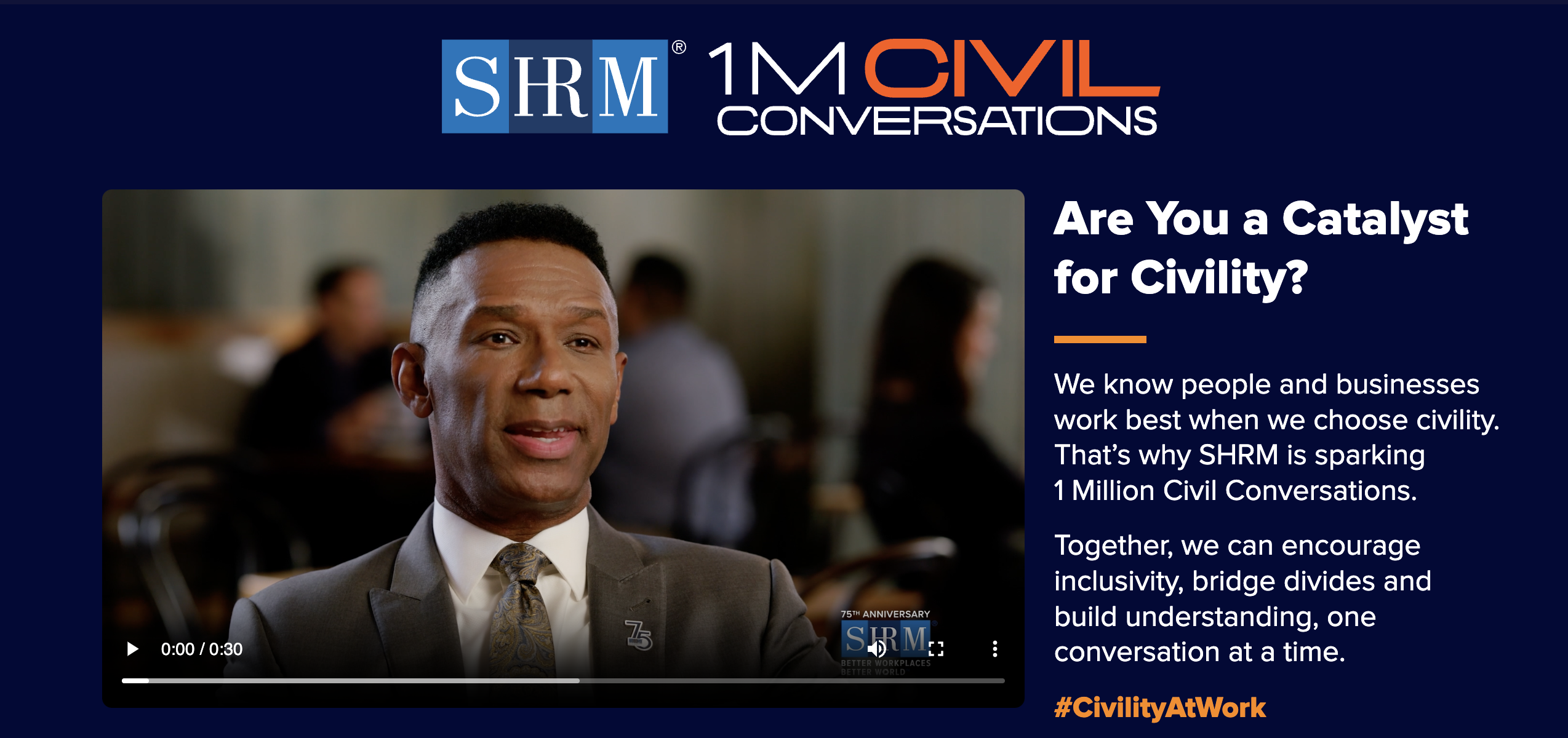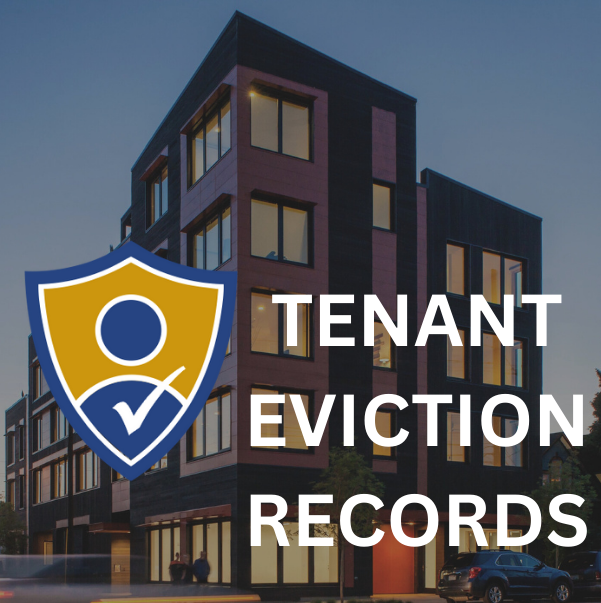
Why HireShield is faster
In today’s fast-paced world, businesses are constantly seeking ways to streamline their operations and improve
In today’s competitive job market, ensuring the accuracy of potential employees’ qualifications and experience is essential for the success of your business. Employment verification serves as a crucial component of background checks, helping employers make informed hiring decisions. This comprehensive guide will explore the process of conducting employment verification (background checks) in Virginia, the legal requirements, and how to efficiently and effectively verify a candidate’s employment history.
Employment Verification is the process of verifying a candidate’s employment history, job titles, and dates of employment. It provides valuable insights into the candidate’s work experience and helps employers ensure that they are hiring trustworthy and reliable candidates. By conducting employment verification, businesses can minimize the risk of hiring employees who have falsified their work history or do not possess the necessary qualifications for the position.
In Virginia, employers must comply with federal and state laws when conducting background checks as part of pre-employment background checks. These laws ensure fair hiring practices and protect job applicants’ rights.
The Fair Credit Reporting Act (FCRA) is a federal law that regulates the collection, dissemination, and use of consumer information, including employment background checks. Under the FCRA, employers must:
The Equal Employment Opportunity Commission (EEOC) enforces laws that prohibit employment discrimination based on race, color, religion, sex, national origin, age, disability, or genetic information. When conducting employment verification, employers must ensure that the process does not discriminate against any protected class.
In addition to federal laws, employers in Virginia must comply with state laws when conducting background checks. For instance, the Virginia Ban-the-Box law prohibits employers from asking about criminal convictions for simple possession of marijuana on job applications.
Background Checks plays a critical role in the hiring process, offering numerous benefits to both employers and job applicants. Some of the primary reasons for conducting employment verification include:
Background Checks helps confirm that applicants have the required skills, experience, and qualifications for the job. It also ensures that candidates have not misrepresented their work history or falsified information on their resume or job application.
Employment verification can help mitigate risks associated with hiring employees who have a history of job-hopping, poor performance, or unprofessional behavior. By verifying an applicant’s employment history, employers can reduce the likelihood of making a poor hiring decision that could negatively impact the company’s productivity, reputation, and bottom line.
Employment verification ensures that employers comply with federal and state laws, reducing the risk of fines, penalties, and potential litigation. Proper verification of employment history also helps maintain a fair and non-discriminatory hiring process that upholds the rights of job applicants.
The employment verification process typically involves the following steps:
There are various types of instant background checks that employers can perform, depending on their specific needs and requirements. Some common types include:
Basic employment verification involves confirming the candidate’s employment dates, job titles, and positions held with previous employers. This type of verification provides a general overview of the candidate’s work history.
Detailed employment verification goes beyond basic verification by seeking additional information from previous employers, such as job duties, performance, reasons for leaving, and eligibility for rehire. This type of verification provides a more in-depth understanding of the candidate’s work experience and abilities.
Reference checks involve contacting former supervisors, colleagues, or other professional contacts provided by the applicant to gain insights into the candidate’s work habits, skills, and overall job performance.
Employers can choose from several methods to conduct background checks in Virginia. Some common methods include:
Employers can conduct employment verification in-house by contacting previous employers directly. This approach may be more time-consuming but allows employers to maintain control over the process and tailor their inquiries based on their specific needs.
Employers can also use third-party employment verification services to streamline the verification process. These services specialize in conducting background checks, including employment verification, and can provide fast, accurate, and compliant results.
Online employment background check services offer a convenient and efficient way to conduct employment verification. By using these services, employers can quickly access a candidate’s employment history information, helping to expedite the hiring process.
Employment verification can present several challenges for employers, including:
Employers may encounter difficulties obtaining complete employment history information for a candidate, particularly if previous employers are unresponsive or have gone out of business.
The employment verification process can be time-consuming and resource-intensive, particularly for employers with limited human resources staff or those conducting a high volume of background checks.
Online background checks offer a fast, accurate, and convenient solution to the challenges of pre-employment verification. These services provide employers with access to a vast array of employment history information, helping to streamline the verification process and reduce the time and resources required.
When choosing an online employment background check service, employers should consider the following factors:
To ensure a successful background check process, employers should follow these best practices:
Employment verification is a crucial component of the hiring process that helps employers ensure they are hiring qualified, experienced, and trustworthy candidates. By understanding the legal requirements, leveraging online employment background check services, and following best practices, employers in Virginia can effectively and efficiently verify a candidate’s employment history and make informed hiring decisions.
Remember to maintain a consistent and compliant background check process that upholds the rights of job applicants and reduces the risk of legal complications. By doing so, you can protect your company’s reputation, promote a fair and non-discriminatory hiring process, and ultimately hire the most qualified candidates for your organization.

In today’s fast-paced world, businesses are constantly seeking ways to streamline their operations and improve

SHRM’s new campaign on civility in the workplace highlights the importance of creating a respectful

Texas pre-employment background checks play a crucial role in the hiring process, allowing employers to

Instant background checks have revolutionized the tenant screening process by providing quick access to a
© Copyright 2024 – Hireshield Inc